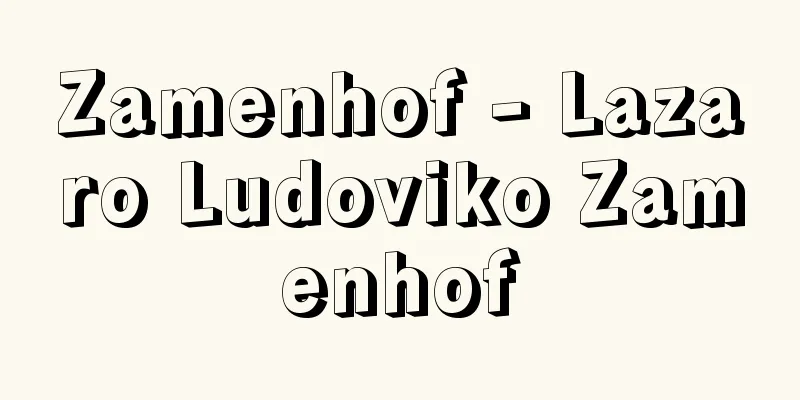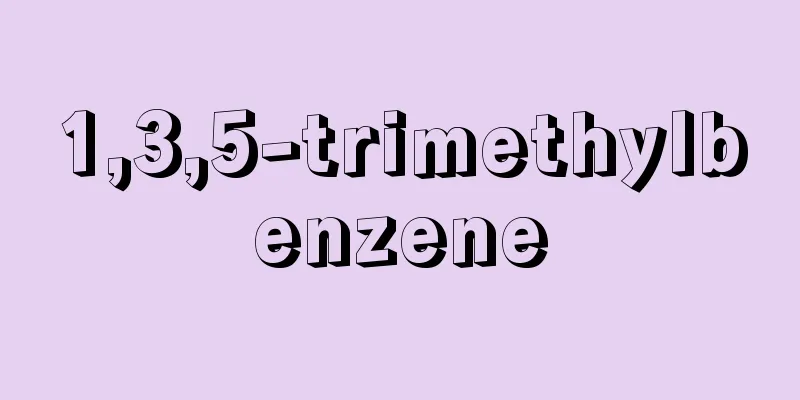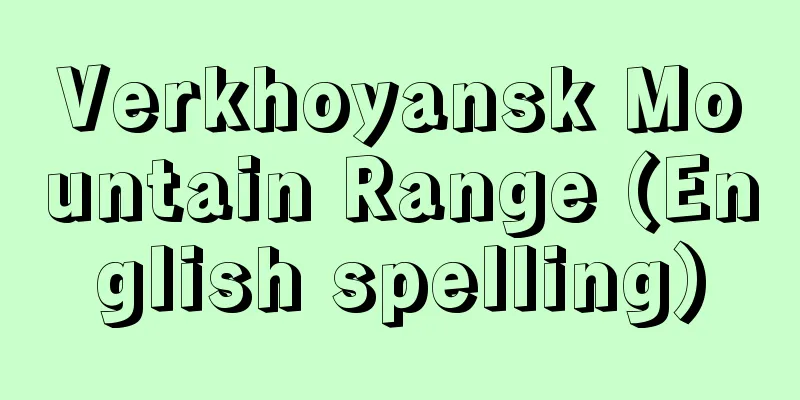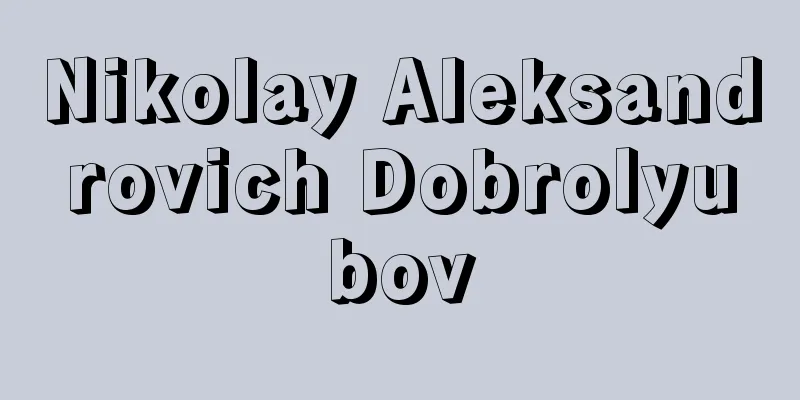Zamenhof - Lazaro Ludoviko Zamenhof

|
The creator of the international auxiliary language Esperanto. He was an ophthalmologist by trade. He was born in Białystok, which was then part of the Russian Empire (now Poland). He is generally considered to be "(Jewish) Polish", but in his childhood his father primarily spoke Russian and his mother primarily spoke Yiddish, and Zamenhof himself was more familiar with Russian than Polish. After publishing Esperanto in 1887, he translated The Old Testament, Hamlet, Hans Christian Andersen's Fairy Tales, and other works into Esperanto, and his style and grammar remain models for Esperanto to this day. Although he was a quiet and gentle person, his speeches at the World Esperanto Congresses (1905-1912) were full of passion. As a boy, Zamenhof dreamed of a common language for Jews scattered across countries and speaking different languages, and this was his motivation for inventing Esperanto. However, by the time he published Esperanto in his late 20s, he no longer had the idea of it being "for the Jews," and instead intended it to be an international language that could be used widely among countries. He also criticized intolerance between different religions, arguing that the differences between religions were merely the product of local traditions and customs, and aimed to realize a free religious community that transcended individual doctrines while retaining existing religions. This ideology is called Homalanismo (humanism or globalism). [Yukio Izumi, September 19, 2018] "Zamenhof - The Story of the Jewish Doctor Who Created the Universal Language (Esperanto)" by Kobayashi Tsukasa (2005, Hara Shobo) " "Zamenhof - The Father of Esperanto" by Ito Saburo (Iwanami Shinsho) [Reference] | |Source: Shogakukan Encyclopedia Nipponica About Encyclopedia Nipponica Information | Legend |
|
国際補助語エスペラントの考案者。生業は眼科医。当時のロシア帝国領(現、ポーランド)ビャウィストク生まれ。一般に「(ユダヤ系)ポーランド人」とされるが、ザメンホフの生家では父はロシア語、母はイディッシュ語をおもに使い、ザメンホフ自身もポーランド語よりロシア語に親しんだ。エスペラントを1887年に発表後、『旧約聖書』『ハムレット』『アンデルセン童話集』などをエスペラント訳し、その文体、語法は今日でもエスペラントの模範である。目だたず穏やかな人柄であったが、世界エスペラント大会の諸演説(1905~1912)は情熱にあふれる。 ザメンホフは少年時代に、各国に散らばり言語も異なるユダヤ人のための共通語を夢想し、これがエスペラント考案への動機となった。しかしエスペラントを発表した20歳代後半には「ユダヤ人のため」という意識はなくなり、広く各国間で使われる国際語を意図した。また、異なる宗教どうしの不寛容を批判して、各宗教の違いは地域ごとの伝承、慣習が生んだものにすぎないとし、既存の宗教は残しつつも個々の教義を超えた自由信仰共同体の実現を目ざした。この思想はホマラニスモ(人類人主義または地球人主義)とよばれる。 [泉 幸男 2018年9月19日] 『小林司著『ザメンホフ――世界共通語(エスペラント)を創ったユダヤ人医師の物語』(2005・原書房)』▽『伊東三郎著『ザメンホフ――エスペラントの父』(岩波新書)』 [参照項目] | |出典 小学館 日本大百科全書(ニッポニカ)日本大百科全書(ニッポニカ)について 情報 | 凡例 |
<<: Samoa - Independent State of Samoa
Recommend
Amber - Amber
Fossilized plant resin. Known from the Jurassic to...
Awaseguchikamekan - Awaseguchikamekan
A coffin used in northern Kyushu during the Yayoi ...
East India Party
A political organization in the Dutch East Indies ...
photonuclear reaction
...However, at relatively high pressures, the fre...
Marunuma
This lake is located in Katashina Village, Tone C...
British European Airways
…It has been flying to Japan since 1948, followin...
furious fifties
...In the Northern Hemisphere, there are many con...
Tadao Ikeda
1602-1632 A daimyo in the early Edo period. Born ...
Boris Blacher
German composer. Born in China. In 1922, he moved...
beautyquark
…Furthermore, in 1977, an experiment using the pr...
Teramachi - Teramachi
An area where many temples exist within a part of ...
Inamura Palace
This refers to the political institution establish...
Calvin-Benson cycle
Calvin cycle, also known as the reductive pentose ...
Kondoúros, N. (English spelling) KondourosN
…Costa-Gavras, a Greek director who grew up in Fr...
FAO - FAO
Abbreviation for Food and Agriculture Organization...









